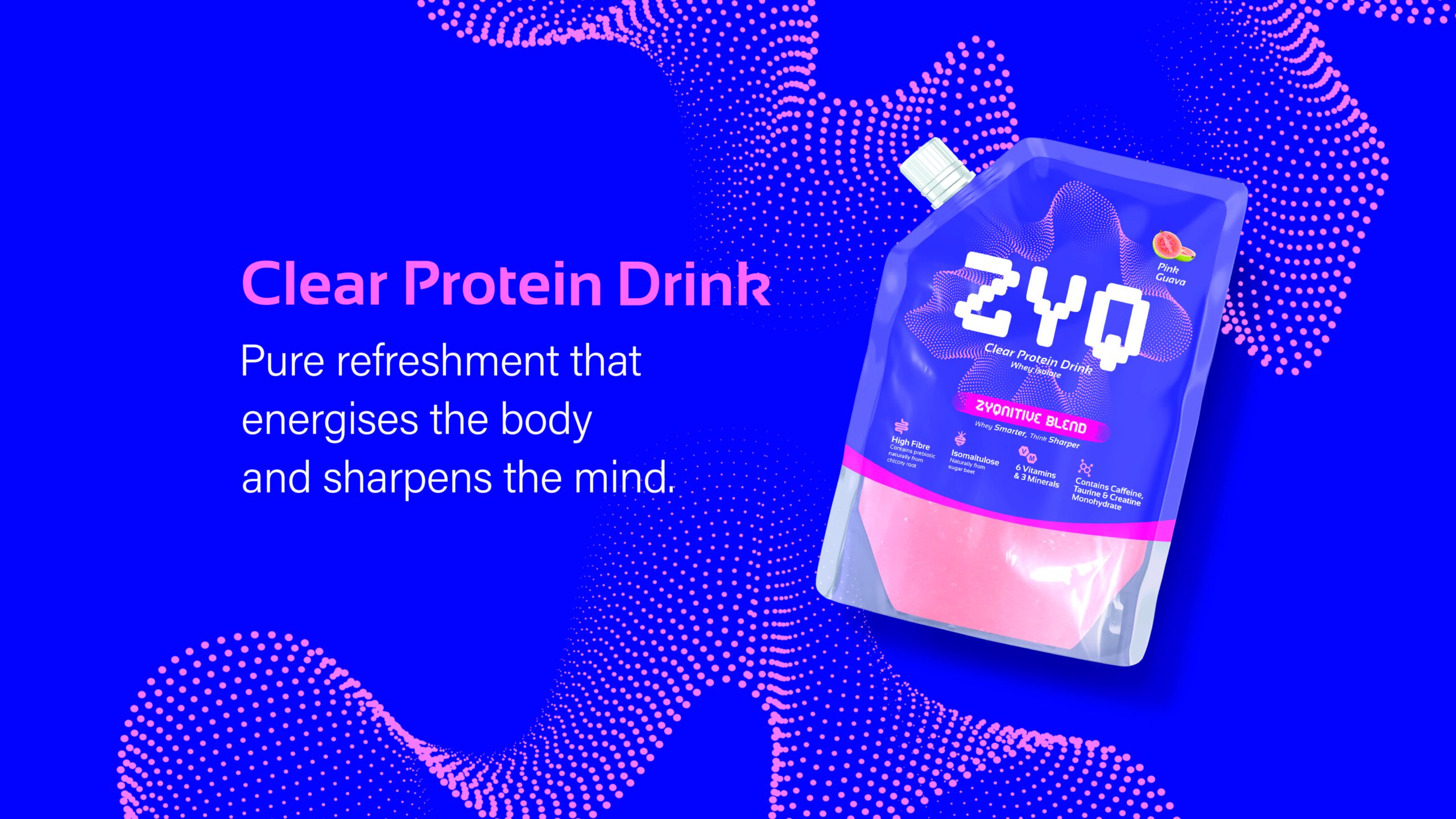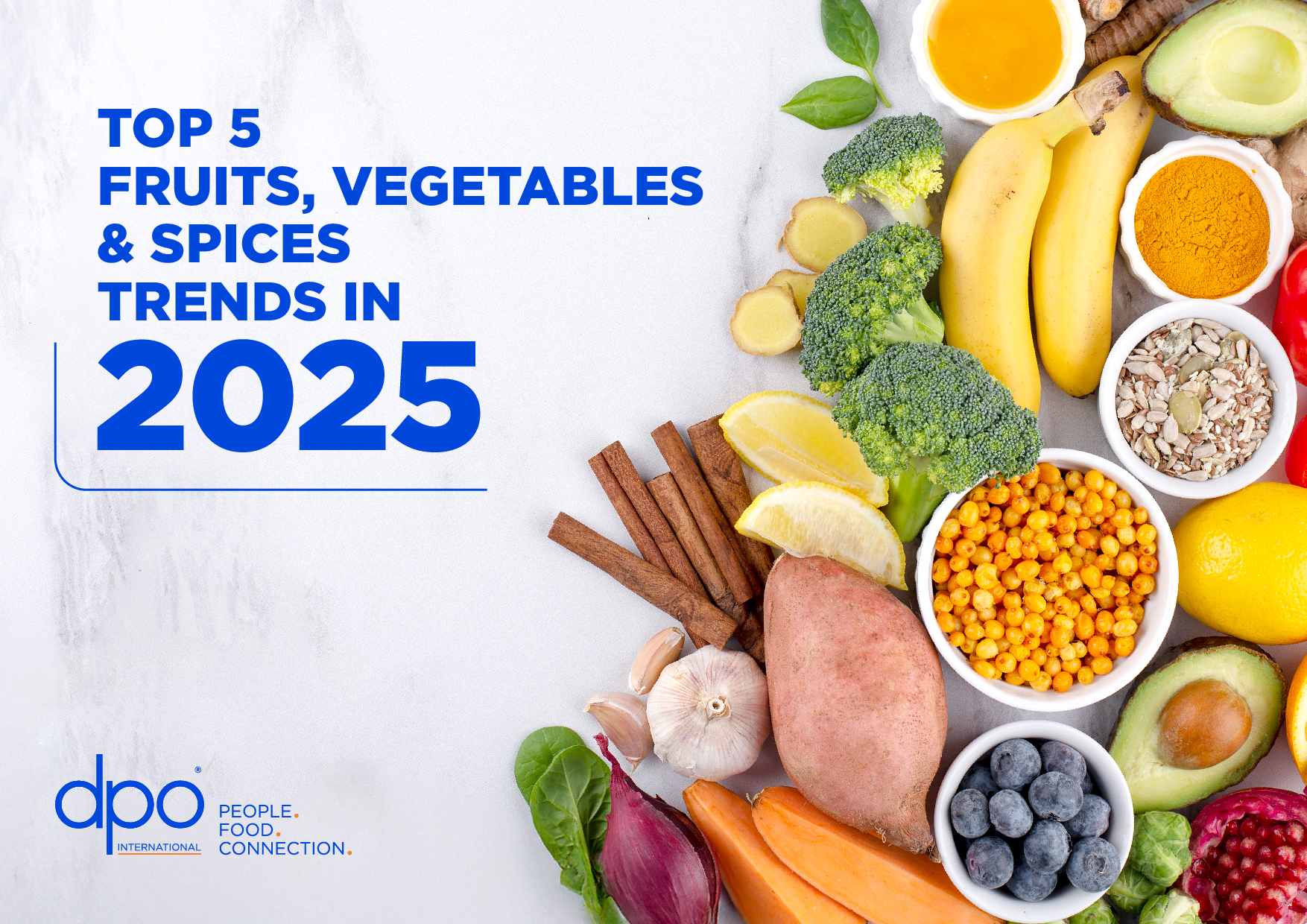A FULL-SUITE
MARKET
ENABLER
More than a food distributor, we offer a comprehensive solution for food businesses looking to expand in Southeast Asia and China.








More than a food distributor, we offer a comprehensive solution for food businesses looking to expand in Southeast Asia and China.
A FULL-SUITE
MARKET
ENABLER
More than a food distributor, we offer a comprehensive solution for food businesses looking to expand in Southeast Asia and China.








More than a food distributor, we offer a comprehensive solution for food businesses looking to expand in Southeast Asia and China.
Our Dedicated Divisions
Our business is centred on connections across the food supply chain. We achieve this through our four dedicated divisions that touches base with every party involved.
We work with some of the world’s top food manufacturers to bring the best and most innovative ingredients to customers.
We offer a world-class foodservice supply chain management for the Hotel, Restaurant, Café (HORECA) trade while adding value in logistics and regulatory support.
We distribute international food and consumer products to supermarket chains and other retailers, and are able to introduce new brands into the market through comprehensive marketing strategies.
We help partners achieve full online potential through a complete e-enablement facility, delivering consistent brand experiences to customers.






We Help You
To
To
Buy
Comply
Ship
Store
Innovate
Market
Sell
Distribute
Buy
We Help You
To
To
Buy
Comply
Ship
Store
Innovate
Market
Sell
Distribute
Buy
We understand the need for a tailor-made solution to transform business objectives into reality. Our eight services offer a comprehensive food supply chain solution.
Made up of more than 30 warehouses located across 7 countries, our network of distribution hubs allows for shorter transportation distances, thus reducing carbon emissions and ensuring food products and ingredients reach their destination quicker, fresher, and whenever you need them.
a world class
supply chain
management

Our capabilities and expertise stretch beyond distribution. We listen to the needs of our customers and are ready to fulfill customised order requests.
Customising
to your needs

Connoisseurs
of Food
Connections
DPO has been a valued partner in BENEO's journey, significantly contributing to our expansion across Asia.
Our long-standing partnership has been
a testament to trust, collaboration, and shared growth.
Our long-standing partnership has been
a testament to trust, collaboration, and shared growth.
Christian Philippsen
Managing Director of BENEO Asia Pacific
DPO International came across as
a professional and reliable business partner
who we could work with to expand our food service business in Malaysia.
a professional and reliable business partner
who we could work with to expand our food service business in Malaysia.
Stella Yew
Head of Food Service - MY & SG
In the last financial year (2021/22), we recognise DPO International’s
contribution to our Ovomaltine brand in Malaysia with a
100% revenue growth,
the highest among Ovomaltine International Markets.
contribution to our Ovomaltine brand in Malaysia with a
100% revenue growth,
the highest among Ovomaltine International Markets.
Kien Soo
Export Manager
Latest Insights
Articles
Market Trends
Media Center
Articles

Food Regulatory
Regulatory Considerations for Using Monk Fruit Extract in Food and Beverage Applications

Oil & Fats
Top 5 Oils and Fats Trends in 2026

Exclusive Articles
Winning Festive Moments: How Retail Food Brands Thrive During Asia’s Biggest Festivals

Food Forward
Meeting Health and Convenience Needs with Protein Drinks
Market Trends
Media Center





